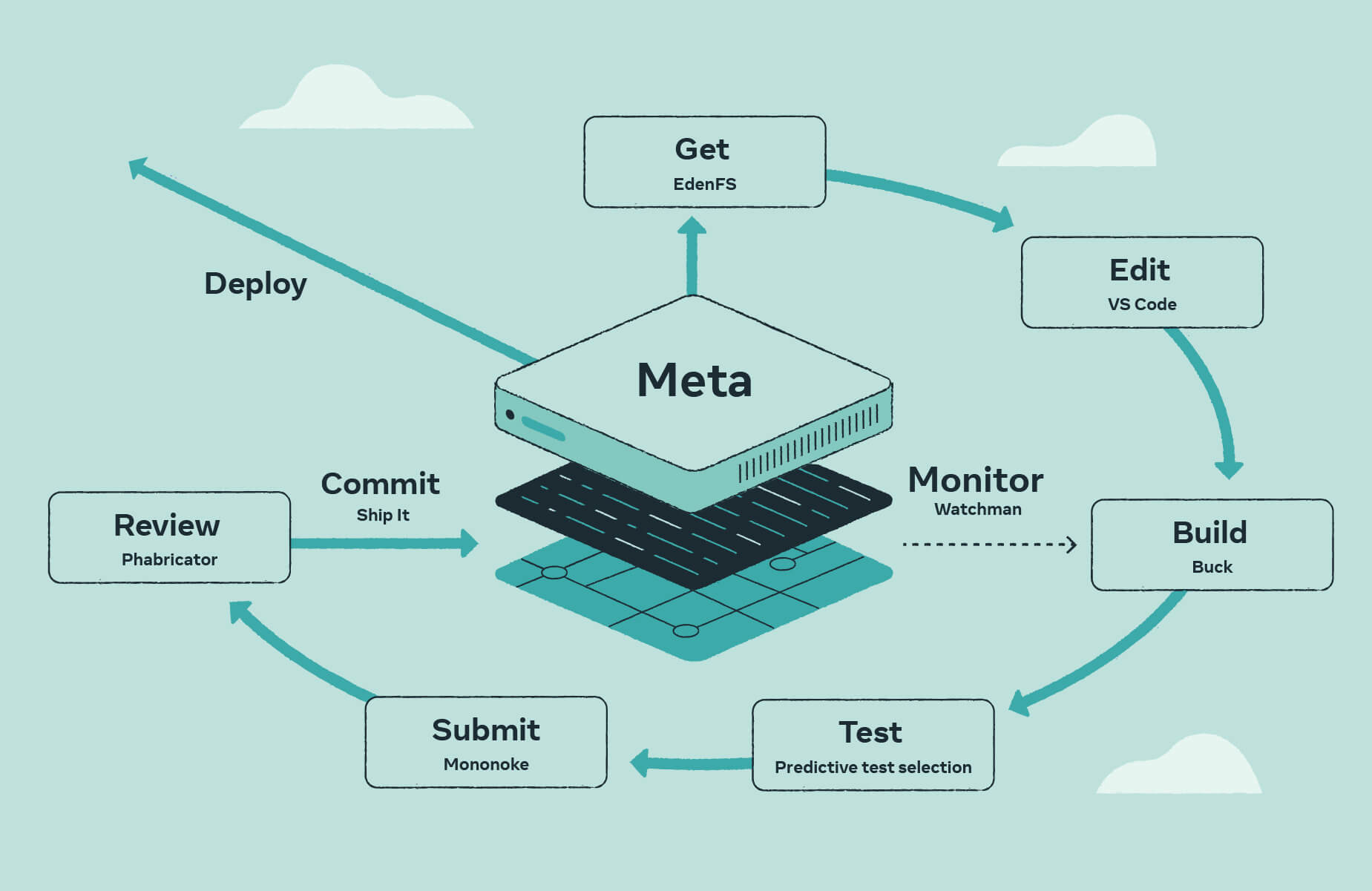

People don’t always need fastest possible computers for their tasks.
Not arguing with that, I am myself daily-driving a lenovo that was assembled 3 years before the last intel macbook was produced, so it’s not exactly new either.
Besides, Macs tend to be nice looking and their build quality is good.
This helps explain why anyone would want to buy an obsolete, irreparable, non-extensible laptop 6 years after its discontinuation. I don’t think it’s good advise, though :-)
















Just making sure you’re up to date with meta+v as clipboard manager (your important stuff in your clipboard isn’t lost)